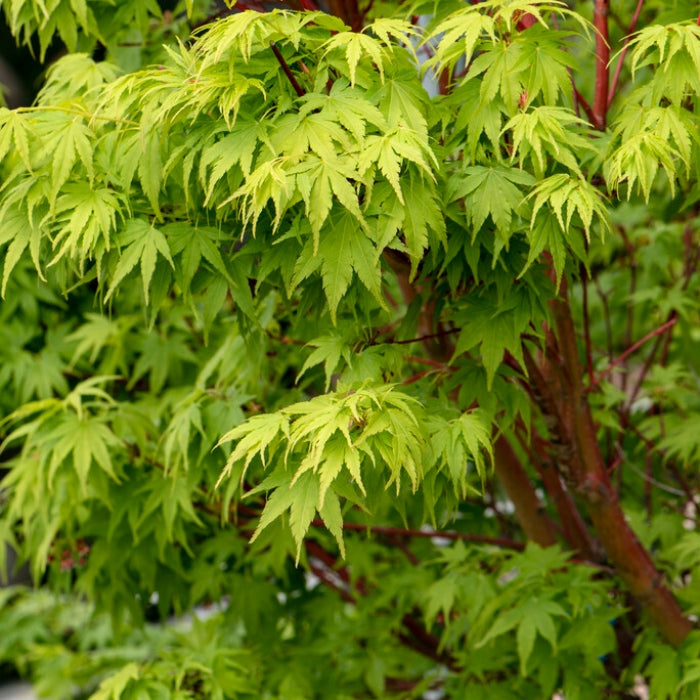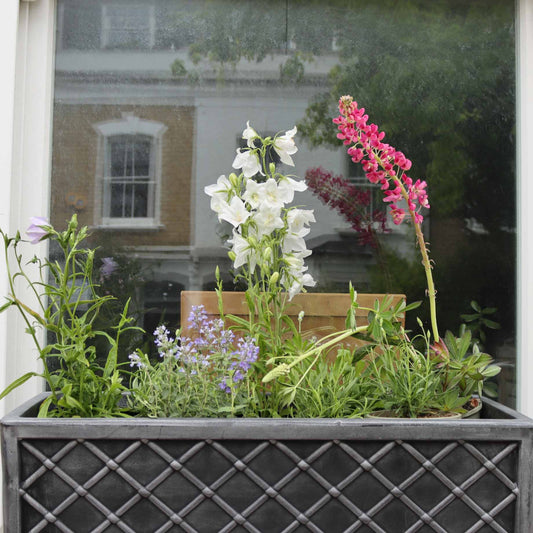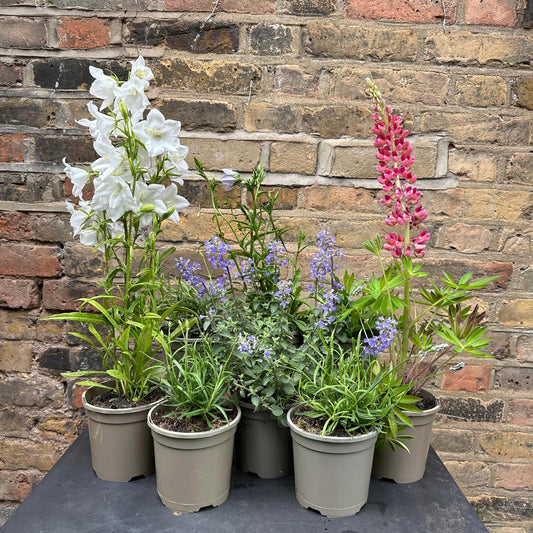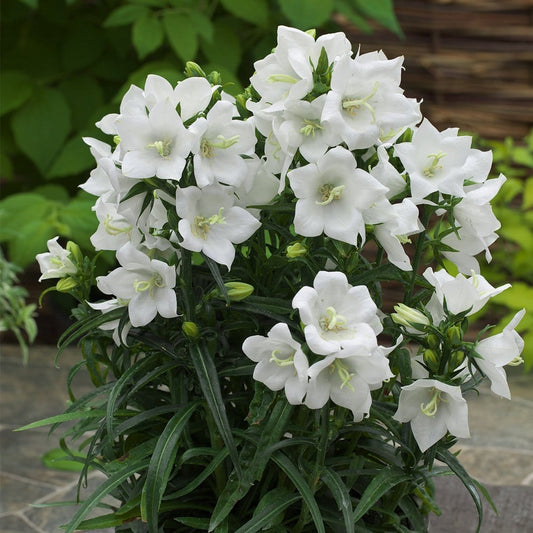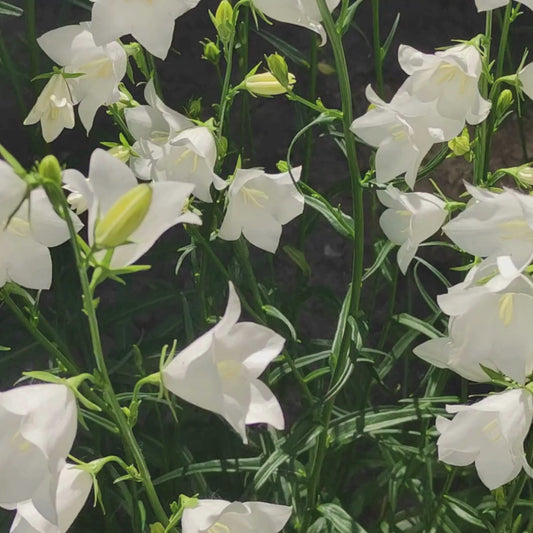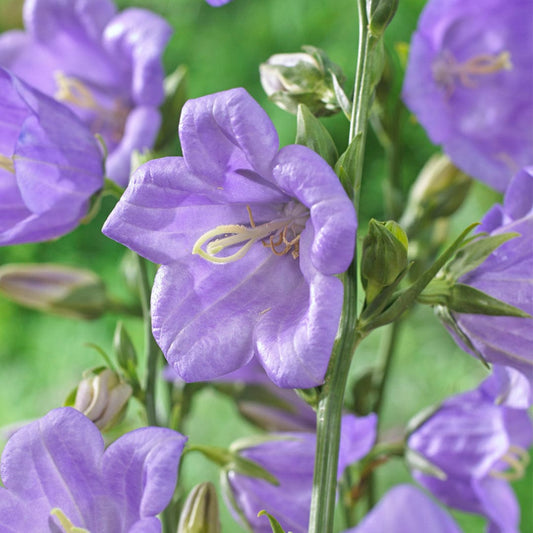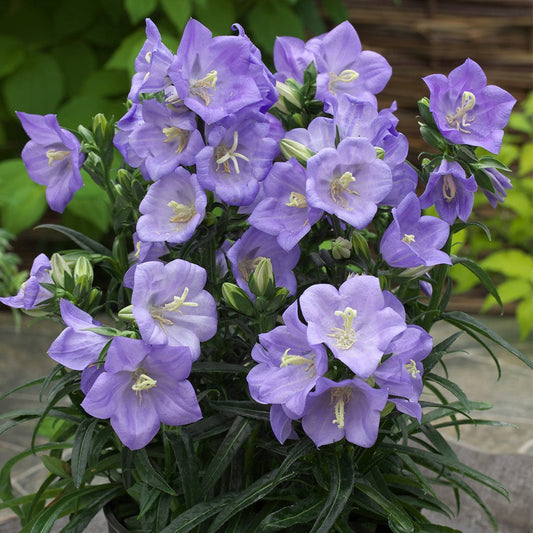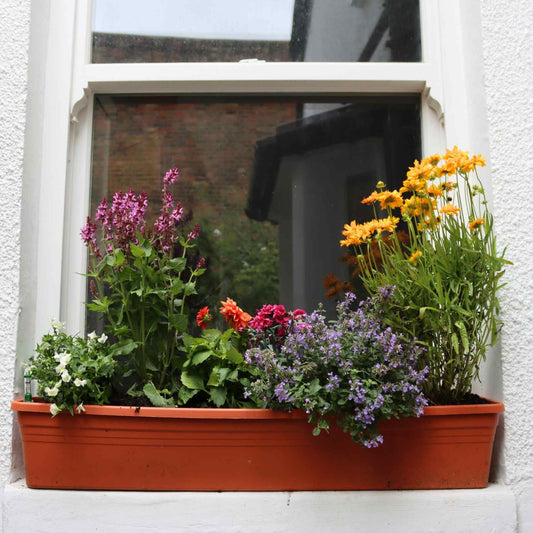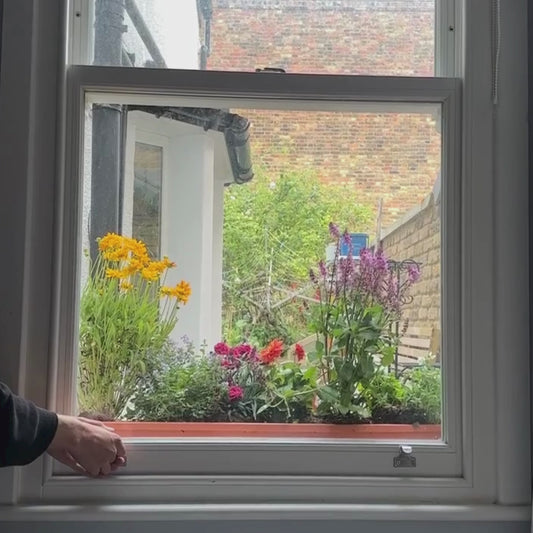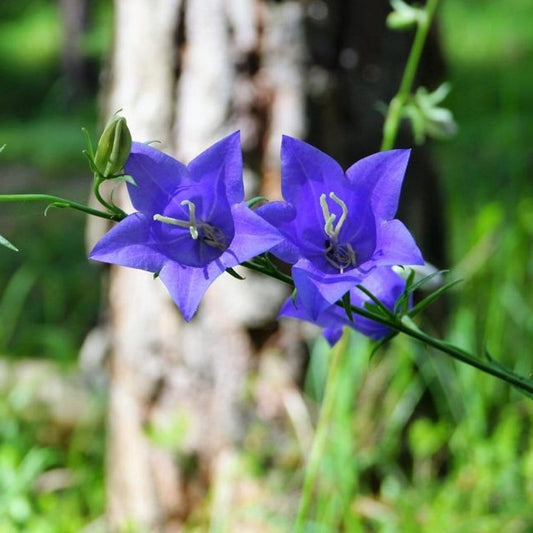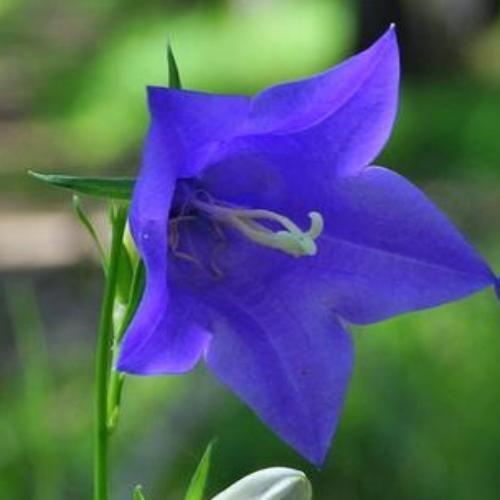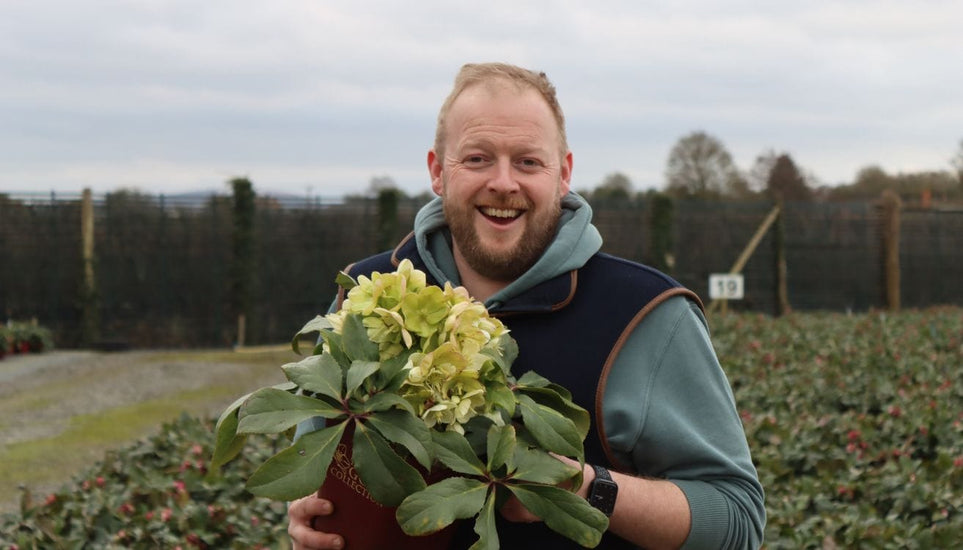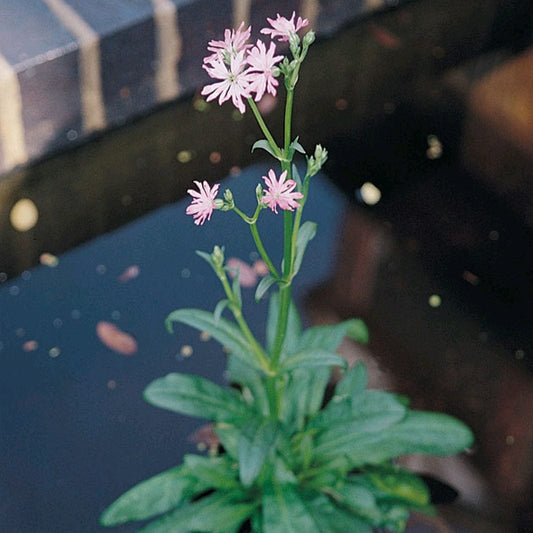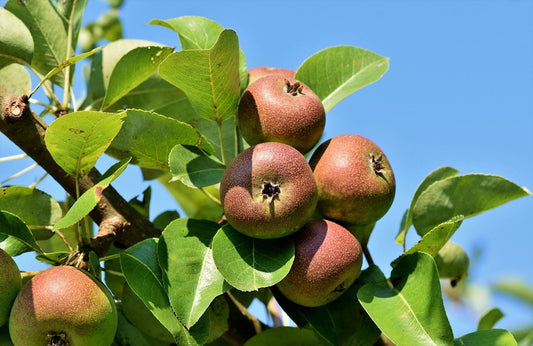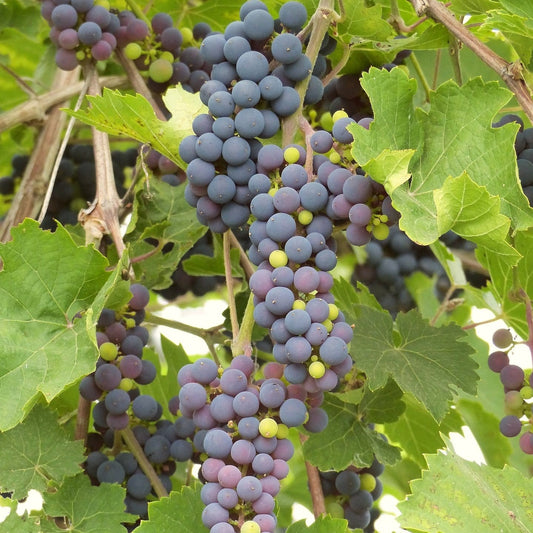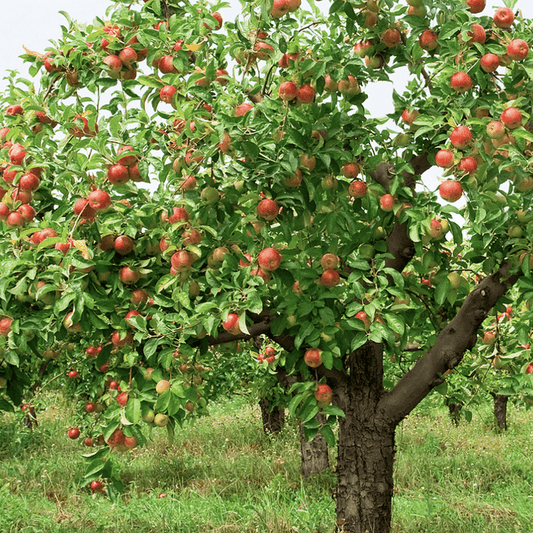Hereford
Meet Jack
Perennials born in Herefordshire, blooming in your garden
Our perennials start life in the rolling Herefordshire hills, where Jack and his team trial over 250 new varieties each year to bring you the best performing and most sustainable plants in the UK. With over forty years of excellence, it’s no surprise that they’ve won the HTA Plant Grower of the Year award two years running.
Need help picking?
Campanula FAQs
What type of soil do campanula plants prefer?
Campanula plants will grow happily in any fertile, well draining soil. They prefer a slightly acidic to neutral pH level.
Where should I plant campanula in my garden?
Campanula is a woodland plant which naturally grows under deciduous trees, and will thrive in sun or partial shade. Choose a more sheltered position for campanula varieties with taller stalks, to avoid them being damaged by wind.
When is the best time to plant campanula?
You can plant campanula all year round, but the best planting time is in spring or early summer, which gives the plant time to get established before the colder months.
How often should I water campanula plants?
When your campanula plants are new, you should water them regularly until they’re fully established. After this, they should only need watering during hot or dry spells.
Do campanula plants need fertilising?
There’s no need to feed your campanula plants, but if your soil is particularly poor or your plants look unhappy, you can give them a sprinkle of general purpose feed in spring.
How do I care for campanula plants during the winter?
Campanulas are fully hardy plants and don’t need a lot of care, but you can add a layer of mulch around the plants to help protect their roots from frost and promote quicker regrowth in spring.
How do I propagate campanula plants?
You can make more campanula plants by taking stem cuttings or dividing the clumps. Division is best done in spring or autumn, and cuttings in spring or summer.
How do I support tall campanula varieties?
It’s best to plant tall campanulas in a sheltered spot away from winds, or plant them densely, but if this isn’t possible, they can benefit from staking. Use a bamboo stake or a plant stick, and tie them in with soft twine or plant ties.
Fighting plastic waste
Delivering fresh from the nursery
Supporting UK growers
